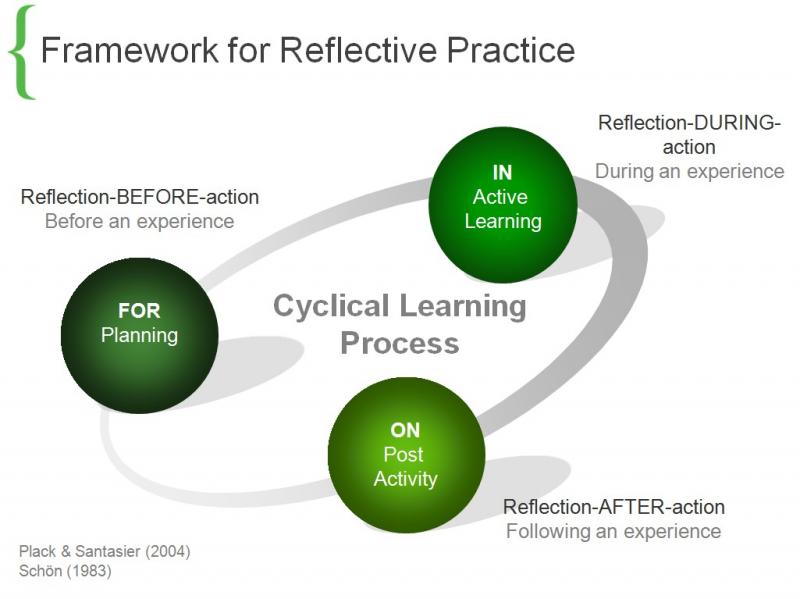Before
Before each session, students use one of the eTools (GroupShare or CBI ThinkShare™) to frame the problem (identify what they need to explain and describe the facts or concepts they anticipate will be key to resolving the case), begin to formulate their differential diagnoses and articulate their rationale for including particular conditions, and identify what else they need to know and how they should find out the information and how it will help them to narrow their diagnoses.
During
As students work collaboratively in facilitated sessions, they develop interpersonal & communication skills and become self-aware of the expectations for communication in professional settings. Learning how to articulate reasoning, explain basic science and clinical concepts and procedures prepares students for clerkship and professional medical practice.
After
After resolving a case in facilitated session, medical students debrief the case to identify what might have been challenging, strategies they used that were efficient (or not) and approaches they might take in future cases to improve their problem-solving efforts. In most blocks, students also write a post-case reflection about their individual experience, focusing on issues concerning the case, self progress, and the problem-solving process.
Reference
Plack MM & Santasier A. Reflective Practice: A Model for Facilitating Critical Thinking Skills Within an Integrative Case Study Classroom Experience. Method-Model Presentation in, Journal of Physical Therapy Education, 18(1); 2004.
Related Resources


